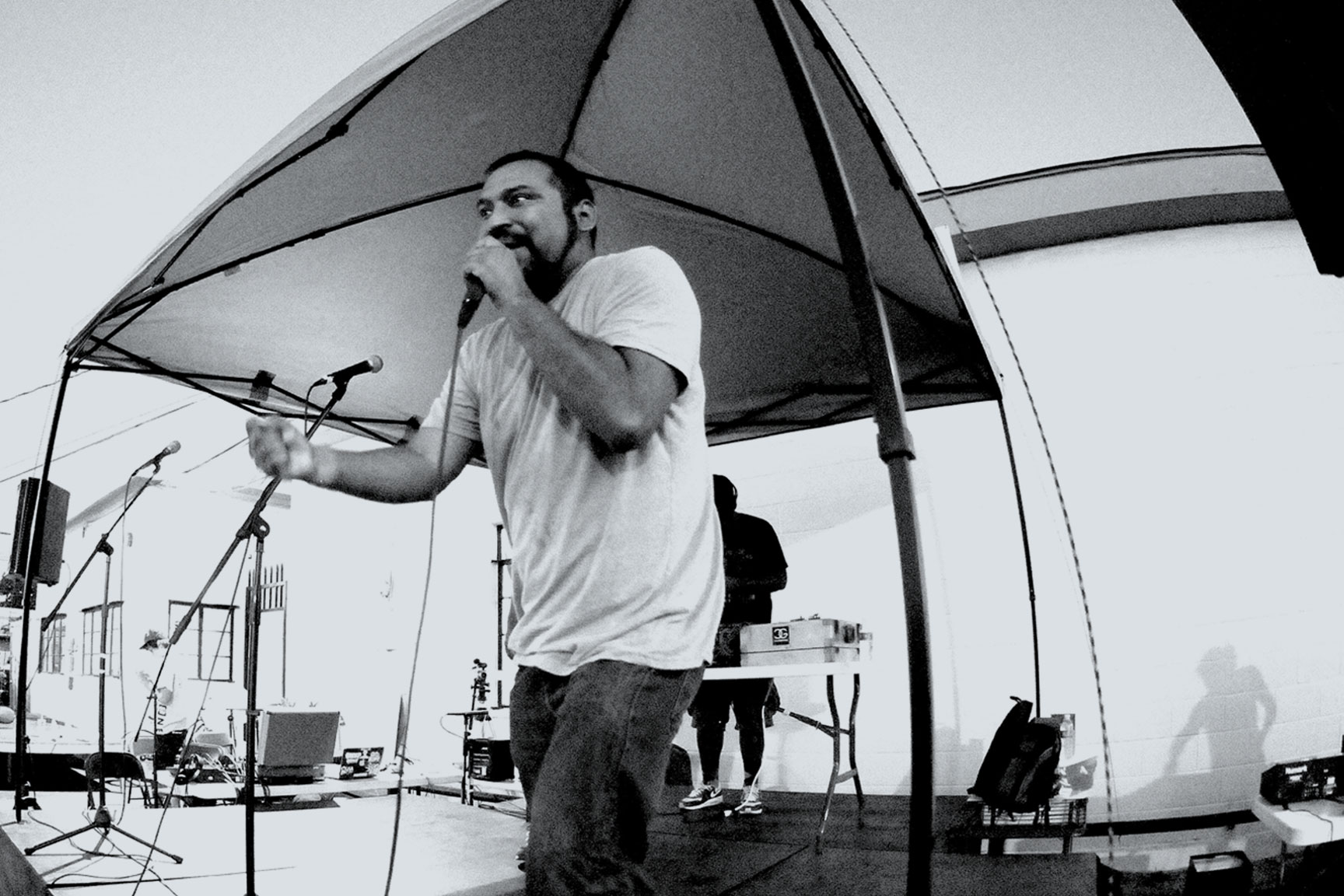

The College of Education and Human Development (COEHD) broke records this past spring semester as 19 doctoral degree candidates walked across the commencement stage to receive their Ph.D.s. This is the largest doctoral class to graduate from both the COEHD and The University of Texas at San Antonio.
“The biggest reason we had 19 people graduate is because our programs are up and running, they are fluid,” said Dr. Page Smith, COEHD associate dean for graduate studies. “We have great people, we have great faculty, and we have experienced faculty advisors. That's the key.”
The COEHD offers four doctoral programs: Doctor of Philosophy in Counselor Education and Supervision; Doctor of Philosophy in Culture, Literacy, and Language; Doctor of Education Degree in Educational Leadership, and Doctor of Philosophy in Interdisciplinary Learning and Teaching. The Educational Leadership doctoral program has been with the college since 1999, while the newest program, Interdisciplinary Learning and Teaching, began in 2009, and is just starting to show the first fruits of their program, according to Smith.
“Because of our faculty and their flexibility, we have been able to encourage collaboration between departments,” Smith said. “People could call Educational Leadership and say, ‘Hey, you have been around a long time, we are facing this situation.’ We have a real cohesive, interdependent group of professionals within our doctoral programs.”
One of the 19 students who received their degrees this past spring semester was Dr. Angela M. Urick, who earned a Doctor of Education in Educational Leadership. During her studies, she attended a number of national conferences, and upon talking to her peers attending other institutions, it was obvious that she had made the correct decision in choosing the COEHD.
“I have heard horror stories from graduate students where their advisors or their dissertation chairs don’t respond to their emails or completely disappear for weeks at a time,” Urick recalled. “The COEHD faculty are always available to answer questions. And when I started as a full-time student, I was able to publish with a number of faculty members and had a more intensive experience outside of the classroom, as well as in the classroom. I wouldn’t have received that with any other program.”
Besides the professors being available to the students, Urick also found a camaraderie among the students that was developed through the department’s cohort model. In this model, students who are admitted at the same time take their course sequences together.
“That created a camaraderie and support network within the group,” Urick said. “I think that has been very helpful, especially with friends of mine who are working full-time. If they needed help or had a question, it gave them someone to pick up the phone and call once they were past the coursework stage and into the dissertation. They had a network of people to ask, as well as the faculty member.”
In the years to come and on the University’s path to Tier One status, the College is considering adding two more doctoral level programs. And in the end, the success of the programs and the students who go through them depends on having a strong support network.
“Good people are receptive to change, and that is what we found here,” Smith said. “That is where we hang our hat. We’ve got incredible people that are chairing and advising students. We have people who are teaching doctoral classes now that have experience in teaching others how things work. We work in unison. That is strength we have and that is why we are producing great doctoral students.”
To learn more about COEHD doctoral programs, visit education.utsa.edu.